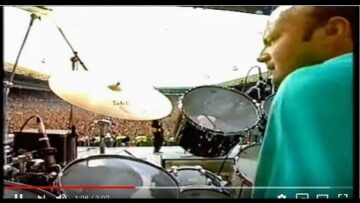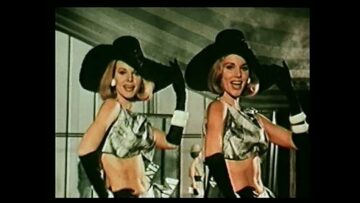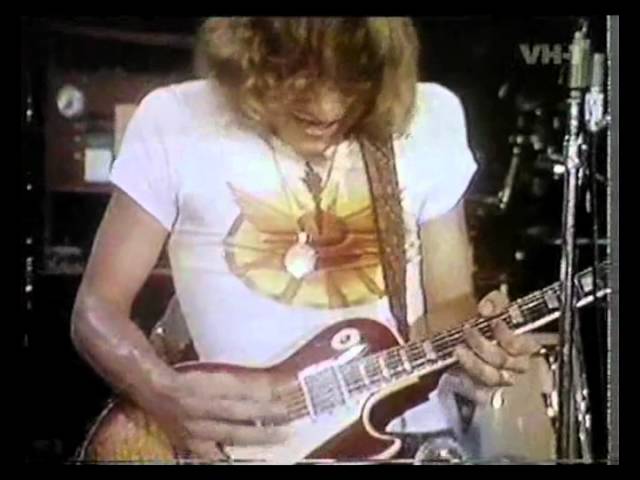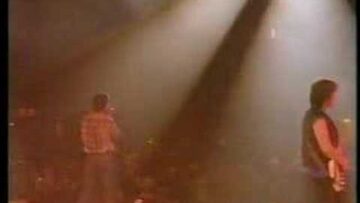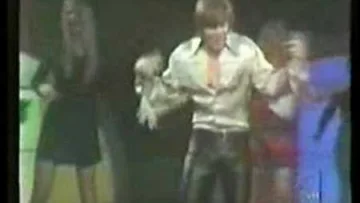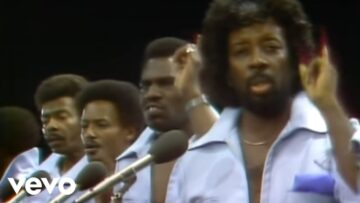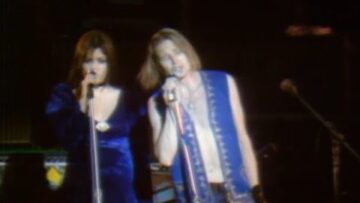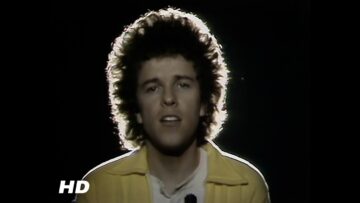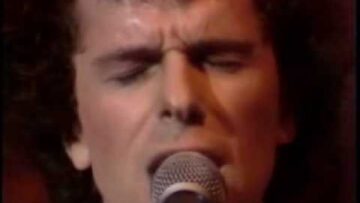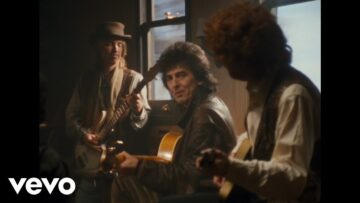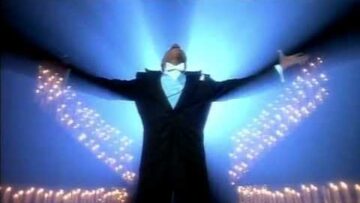Joe Walsh – Turn to Stone (2nd May 1975)
The Song He Recorded Twice In Grief
Released as a single in January 1974 from the album So What, “Turn to Stone” peaked at number 93 on the Billboard Hot 100. The song originally appeared on Walsh’s 1972 debut album Barnstorm, but this second version landed during the most devastating period of his life. Four months before the single’s release, Walsh’s daughter Emma died in a car accident in Boulder, Colorado, just weeks before her third birthday. The album’s title perfectly captured his mindset. So what if nothing mattered anymore.
The single spent just eight weeks on the chart, but the album So What climbed to number 11 and earned gold certification. Three future Eagles members sang backup vocals on the track. Don Henley, Glenn Frey, and Randy Meisner provided those soaring harmonies that made the song feel fuller and more polished than the rawer Barnstorm original. Within two years, Walsh would replace Bernie Leadon in the Eagles, and “Turn to Stone” became a staple of their Hotel California and Long Run tours between 1976 and 1980, though some critics found it jarring when placed between Eagles classics.
John D. Loudermilk and Walsh wrote the song together back in 1972, with Walsh telling Rolling Stone years later that it addressed the Nixon administration, the Vietnam War, and the protests tearing America apart. The lyrics captured frustration and emotional paralysis, a sense of turning to stone amid chaos and apathy. When Walsh re-recorded it in 1974 at The Record Plant in Los Angeles, Sausalito, and New York, plus at his house using a mobile truck, the song took on darker meaning. His daughter’s death transformed what felt political into something unbearably personal. Producer Bill Szymczyk etched a cryptic message into the vinyl runout groove of the first pressing. That’s no banana, that’s my nose.
Walsh played his signature Gibson Les Paul Custom throughout the session and sang all the backing vocals himself on the original Barnstorm version, but this remake featured those Eagles harmonies that added warmth and depth. Joe Vitale returned on drums, providing the punchy foundation he’d established with Barnstorm. The track featured broad, swooping chords and Walsh’s pyrotechnic guitar abilities, particularly that cascading slide guitar crescendo at the end. The rhythm section drives relentlessly, creating tension that mirrors the song’s themes of being overwhelmed to the point of immobility. Where the 1972 version felt raw and exploratory, this one sounds controlled and deliberate, like a man channeling rage into precision.
The song appeared on So What, Walsh’s third solo album, which also included “Song for Emma,” a heartbreaking memorial to his daughter arranged by Jimmie Haskell and Bill Szymczyk. The album mixed hard rockers like “Welcome To The Club” and “Time Out” with softer moments like “Help Me Through the Night,” which Walsh wrote about a woman he met in Los Angeles who helped him grieve. Don Henley wrote lyrics for “Falling Down” and sang backing vocals. The album also included an electronic classical piece, Maurice Ravel’s “Pavanne,” showing Walsh’s eclectic tastes. Front and back covers featured Walsh in full barnstorming pilot gear, continuing the aviation theme from his previous albums.
A 1979 live Eagles performance featured synthesizers and a flute solo by Joe Vitale, giving the song a progressive rock edge that thrilled fans. Walsh recorded the song again in 1976 for his live album You Can’t Argue with a Sick Mind, though he rarely performed it during his later solo career. The Eagles footage from their 1976 Houston Summit show captures Walsh delivering that signature slide guitar work while Henley, Frey, and Meisner provide the harmonies they’d recorded two years earlier. Wembley audiences in 1977 heard it sandwiched between Eagles hits, a reminder of Walsh’s pre-Eagles identity.
The song endures because it captured political fury that became personal tragedy. Those lyrics about turning to stone amid overwhelming circumstances gained devastating new meaning after Emma’s death. Walsh later admitted he titled the album So What because he was angry at God, using grief as justification to spiral. The song remains a testament to how artists channel unbearable pain into controlled fury, transforming protest into something rawer and more universal. Decades later, that slide guitar crescendo still sounds like a man refusing to shatter completely.



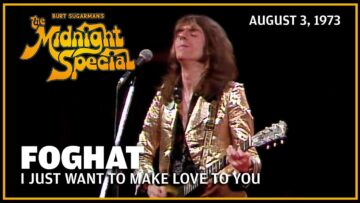

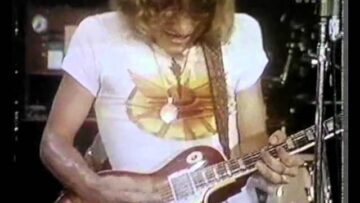

![The Score – Revolution: Lyrics [Assassins Creed: Unity]](https://musicvideosclub.com/wp-content/uploads/2025/10/the-score-revolution-lyrics-assa-360x203.jpg)


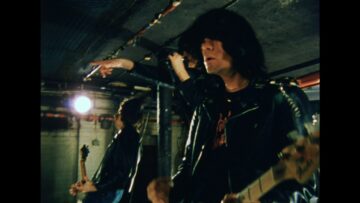







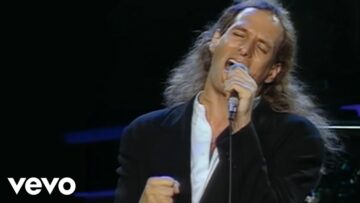
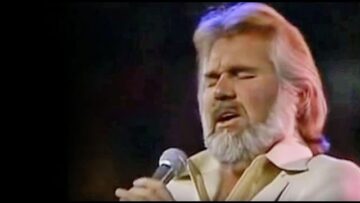
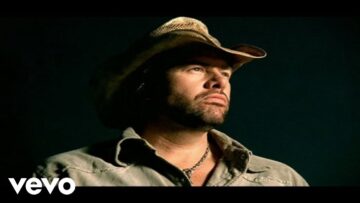
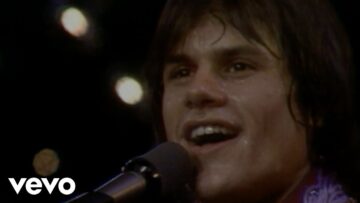
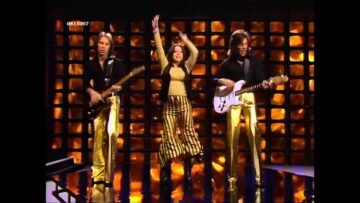


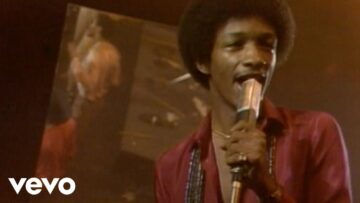

![Sister Sledge – Hes the Greatest Dancer (Official Music Video) [4K]](https://musicvideosclub.com/wp-content/uploads/2025/09/sister-sledge-hes-the-greatest-d-360x203.jpg)
